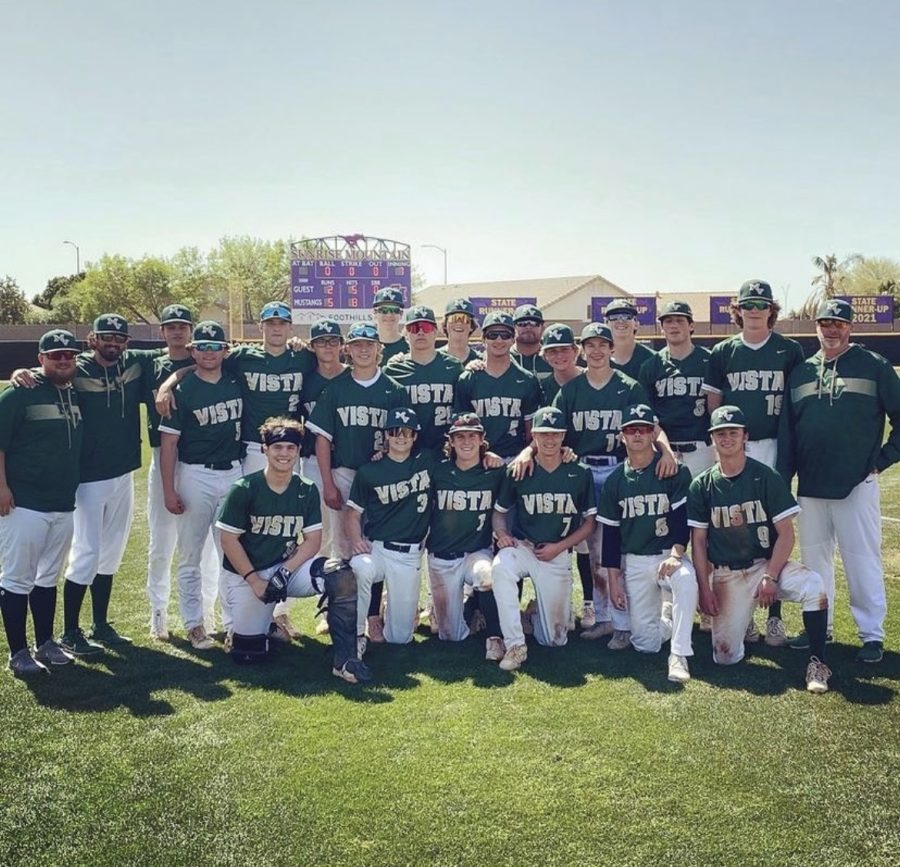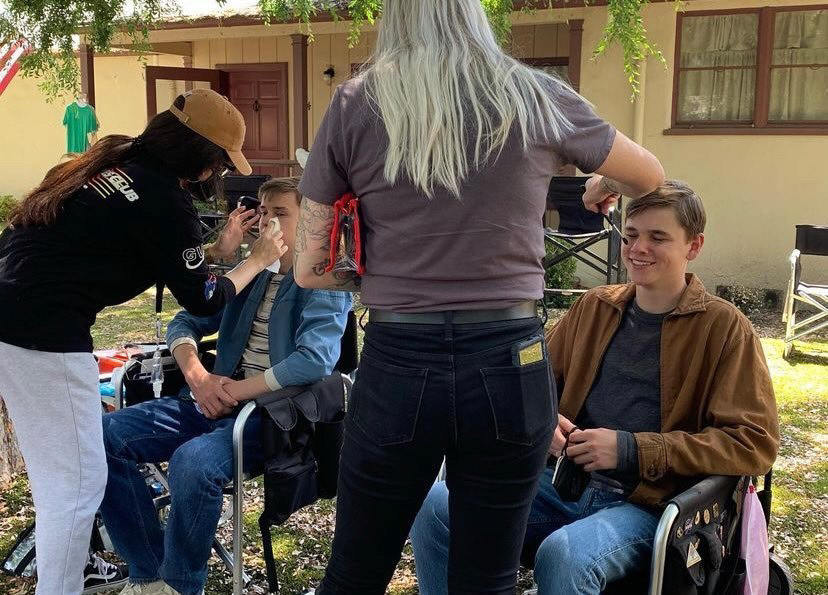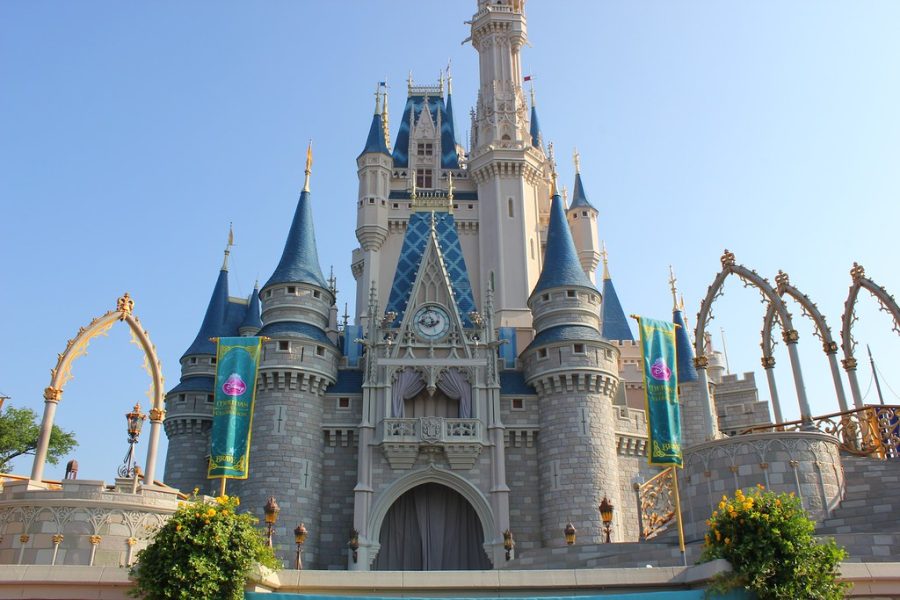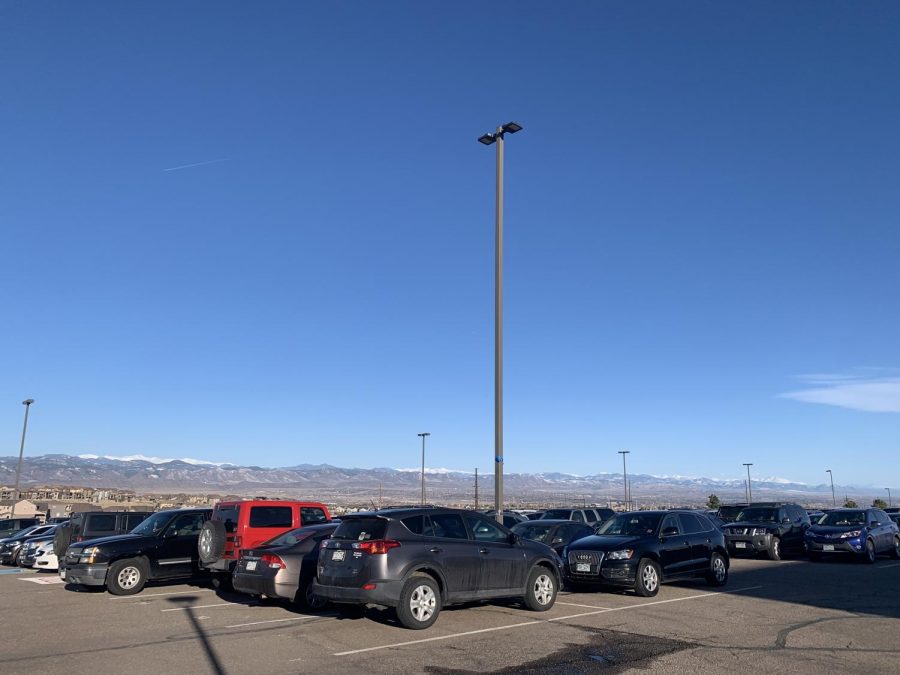//Brendan O’Keeffe//
The greatest generational issue facing Generation Z is nihilism: the idea that nothing in life presents any meaning. The rejection of both moral and religious principles create several consequences to the future of the United States.
Nihilism is an aspect of America’s cultural climate that often takes a backseat in favor of issues such as gun violence and racial tension. It is quickly emerging in today’s adolescent minds; there are those who couldn’t care less if America as we know it all came crashing down. Nihilism is the polar opposite of optimism. Optimism comes in many forms: traditional values, namely religion and morality, and above all else, the American Dream.
The American Dream has been referred to as “the most seductive ideology and substitute for religion in the modern world” (PANKAJ MISHRA, New York Times). The term screams optimism, promising the realization of anyone’s dreams through the means of hard work and dedication. Several generations before Gen Z have experienced the true meaning of the American Dream in one way or another; in their youth the Millenials witnessed the collapse of communism and the fall of the Berlin wall, the settlers of New England during the colonial period saw the structural basis of many individual liberties including freedom of religion, and the Baby Boomers observed the rise of suburbia and consumerism in the post World War II middle-class United States of America. However the definition of the American Dream is very different than it once was. The American dream is front and center in F. Scott Fitzgerald’s The Great Gatsby, a novel that underlines the fact that the American dream cannot be obtained through greed.
No one raised in the dawn of the new century was present for many of the historic events that shaped the nation, including the Civil Rights Act of 1964, and the stock market crash of 1929 along with the Great Depression that followed closely behind it. Today’s young adults have little to no motivation when it comes down to improving their standards of living in the same sense as their predecessors once did. Their idea of the American dream focuses on attaining a college degree and landing a steady job, but economic and social opportunity has demotivated them. The cultural climate they live in has opened the floodgates for pessimism, which in turn has trickled into the territory that is nihilism, a concept nearly impossible for the lost generation to relate to.
During the second World War, the concept of patriotism was at its peak. The young men fighting abroad and the young women supporting the effort at home truly felt that they had something to live for and that their actions were a part of something larger and longer than the immediate future. Today, this motivation is no longer prioritized within the spirits of young people.
Members of Generation Z need to be prepared to combat the ongoing decrease in morale presented by America’s strength and security. Young Americans feel meaningless and voiceless in this day and age, partially as a result of the distrust between United States citizens and their respective government and the difficulty they may face in their attempts to break into the contemporary work force and climb up its ranks. The worst thing that can happen to America’s future would be a rise in civic disengagement arriving in the forms of low voter turnout, decreased public service, and other activities that diminish society.
In this fairly peaceful time in America’s history, the generation of tomorrow has the opportunity to manifest the American Dream to its full potential, but the philosophical challenges presented by the lack of hardship must not abate the future of the free world.
Works Cited:
Amadeo, Kimberly. “What Is the American Dream Today?” The Balance, The Balance, www.thebalance.com/what-is-the-american-dream-today-3306027.
Mishra, Pankaj. “America, From Exceptionalism to Nihilism.” The New York Times, The New York Times, 28 Apr. 2017, www.nytimes.com/2017/04/28/opinion/america-from-exceptionalism-to-nihilism.htm
3, 2018 January, et al. “Will Conservatism End in Nihilism?” Washington Monthly, 4 Jan. 2018, washingtonmonthly.com/2018/01/03/will-conservatism-end-in-nihilism/.
Chait, Jonathan. “The Rise of Republican Nihilism.” The New Republic, 21 Dec. 2009, newrepublic.com/article/72047/the-rise-republican-nihilism.





































